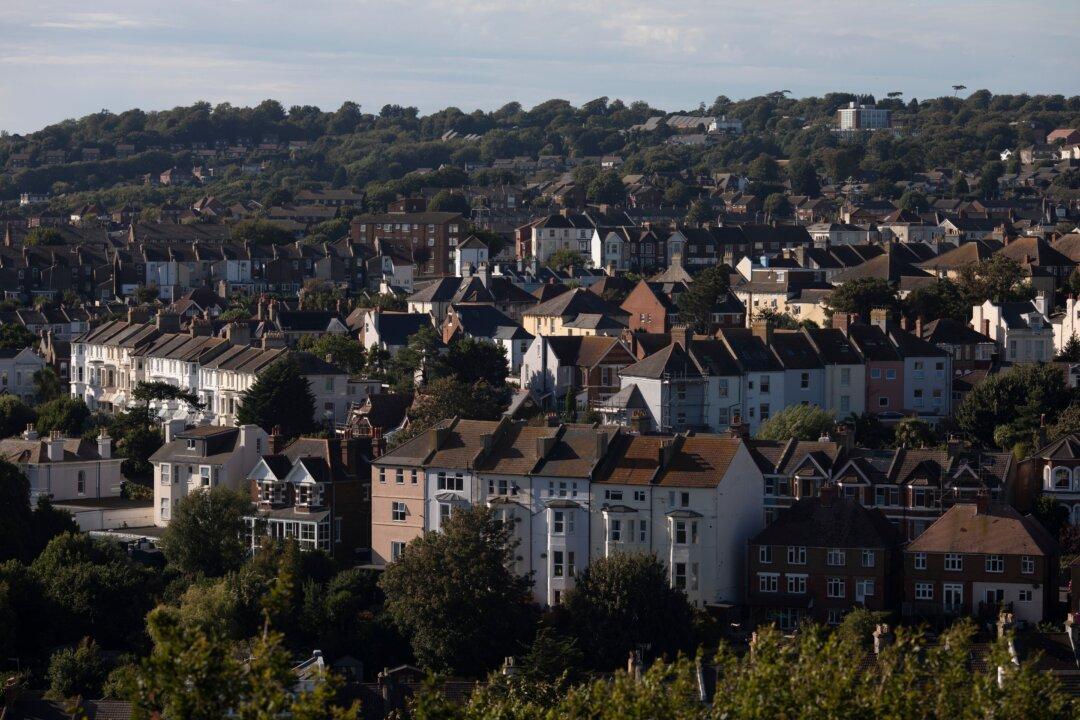Average house prices in the UK fell for the fifth month in a row in January, as mortgage rates remain at a high level and the cost of living continues to soar.
According to the Nationwide building society, the average price of a home slid to £258,297 ($318,817) in January, a fall of 0.6 percent or almost £4,000 from the previous month.





